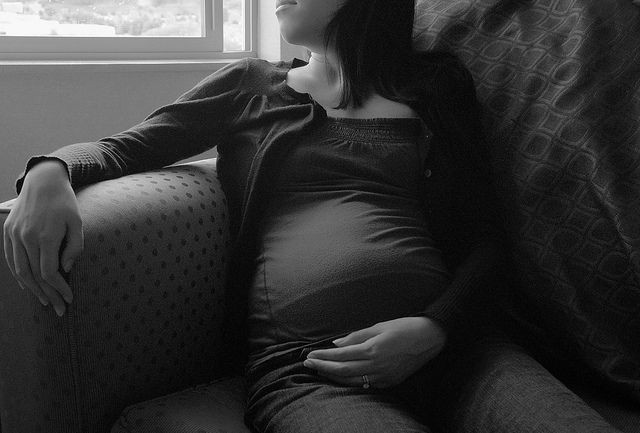2 Pregnant Women Infected With Zika Virus Get Abortions, Finds CDC; Virus Effects 'Greater Than Expected'

The Zika virus is making its presence in the world more and more pronounced as each day goes by.
On Friday, the Centers for Disease Control and Prevention (CDC) released its latest report on the mosquito-borne disease, officially confirming that at least nine U.S. pregnant women have been infected with Zika, all during travel to Zika-endemic areas outside the country. Two pregnancies ended in miscarriage, two in abortion, and another in the birth of a child with "severe microcephaly." Of the remaining four women, at least two have already delivered healthy children and the other two have chosen to continue their pregnancy unabated.
All nine women showed signs of a mild infection, such as rash and fever, with the five who either miscarried, aborted, or had a child with microcephaly having likely contracted the virus in their first trimester, further suggesting the risk might be strongest during that period; the remaining woman who showed symptoms during the first trimester is continuing her pregnancy.
In at least one case, the woman who opted for an abortion did so following an ultrasound that showed severe defects in her fetus, such as the absence of several brain regions. Both of the miscarriages occurred in the first trimester and Zika virus RNA was found in the specimens tested by the CDC. Though given how prevalent miscarriages are (anywhere from 9 to 20 percent of all pregnancies end in one), "it is not known whether Zika virus infection caused the pregnancy losses,” the CDC authors wrote. While not confirmed by the CDC, the case of microcephaly was earlier reported to have occurred in Hawaii
While these cases still don’t definitively prove the proposed link between Zika infection in pregnant women and the risk of later birth defects or stillbirths, the CDC authors were nonetheless taken aback by their findings.
"We did not expect to see these brain abnormalities in this small case series of U.S. pregnant travelers," said Dr. Denise Jamieson, a medical officer in the U.S. Public Health Service and one of the report’s authors, in a conference call on Friday. "It is unexpected and greater than what we would have expected."
Should the link continue to bear fruit, however, its effects may be far reaching. The report estimates that half a million pregnant women travel to the U.S. from one of the 32 countries and territories now actively containing Zika. That includes the U.S.-owned Puerto Rico, where the local mosquito population has acquired the virus and continues to spread it to its human food supply. The chances of an mainland outbreak of Zika remain low, but the same isn’t true for that area.
"There is the potential for hundreds of thousands of cases of Zika in Puerto Rico and unfortunately, tragically, affected pregnancies as well," CDC Director Tom Frieden said in the same conference call.
Evidence is also mounting that mosquitos aren’t the only method of transmission for Zika.
"Pregnant women and their partners should also be aware of the risk for Zika virus infection through unprotected sex with an infected male partner, and carefully follow CDC interim guidelines for preventing sexual transmission of Zika virus infection," the authors noted. These guidelines include men who have traveled to Zika-affected areas either avoiding sex or always using condoms with a partner currently pregnant.
The CDC are currently investigating an additional ten suspected cases of Zika among U.S. pregnant women.
Source: Meaney-Delman D, Hills S, Williams C, et al. Zika Virus Infection Among U.S. Pregnant Travelers — August 2015–February 2016. MMWR. 2016.



























